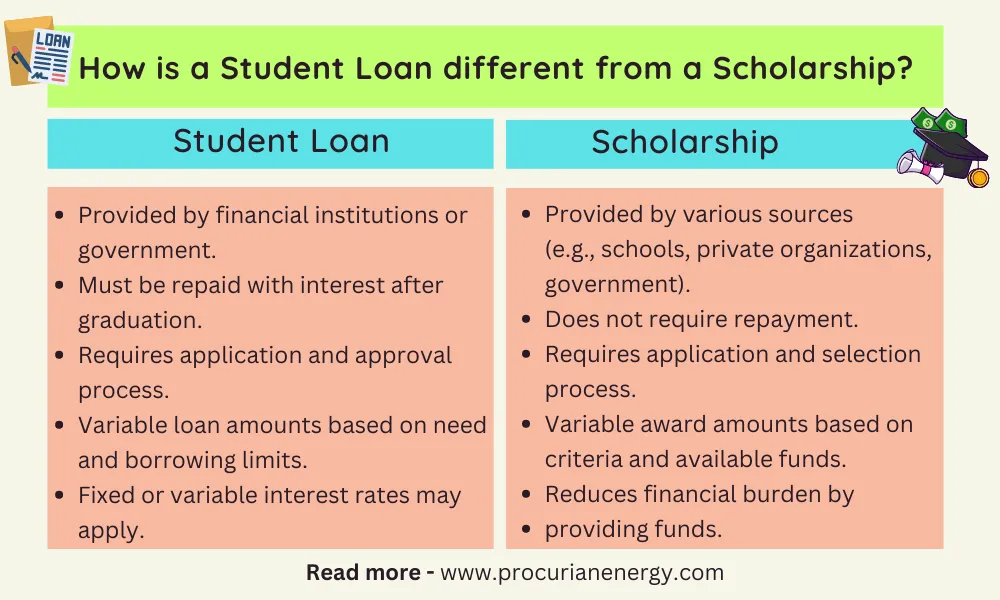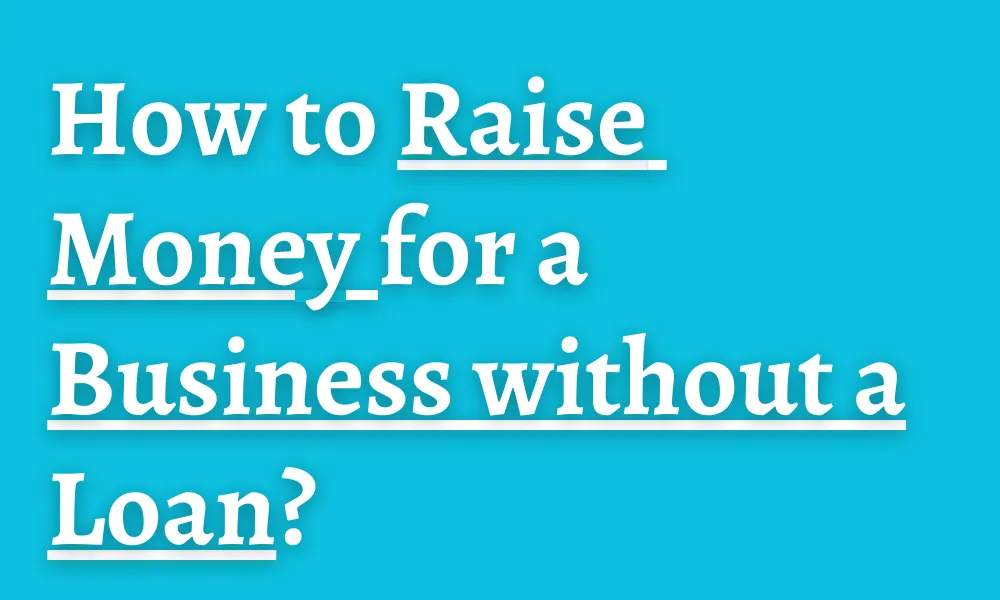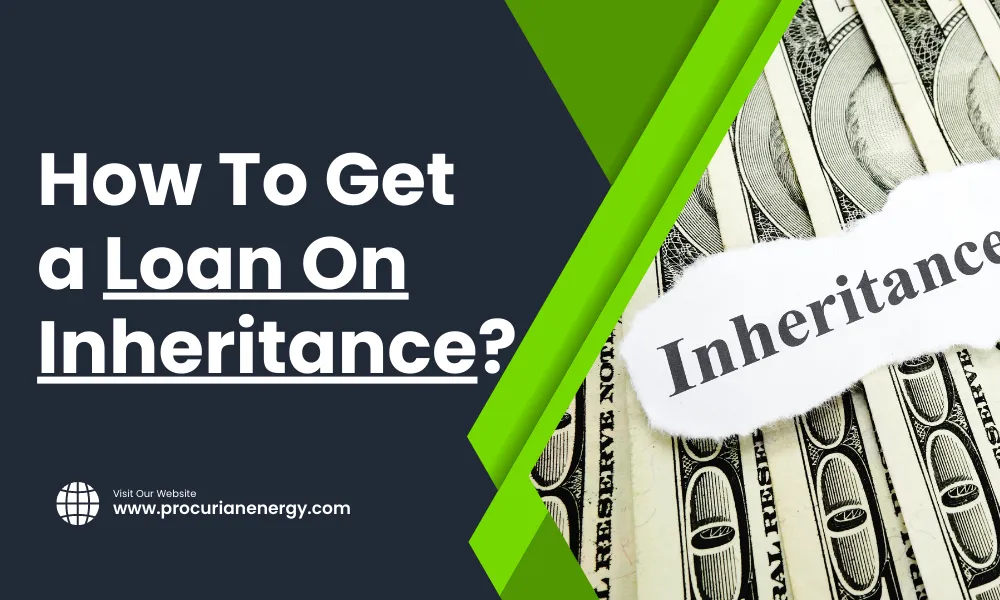Purchasing a property is a significant financial decision, often requiring the assistance of a mortgage.
As individuals consider their options, one common question that arises is, “How many times can I mortgage?“.
It’s important to understand the limitations and considerations surrounding multiple mortgages to make informed choices.
In this blog, we will delve into the world of mortgages, exploring the various types, the potential for multiple mortgages and the factors to consider.
What are Mortgages?
A mortgage is a loan specifically designed for property purchases, wherein the property itself acts as collateral.
It consists of several key elements, including:
- the loan amount,
- interest rate and
- repayment terms.
Understanding these basics is crucial when exploring multiple mortgage options.
Types of Mortgages
There are several types of mortgages available to borrowers.
1) Fixed-rate mortgages offer stability with a consistent interest rate throughout the loan term.
2) Adjustable-rate mortgages (ARMs) have interest rates that fluctuate over time, usually starting lower than fixed-rate mortgages.
3) Government-insured mortgages, such as FHA loans, VA loans or USDA loans, cater to specific borrower demographics.
Each type has its own benefits and drawbacks and it’s essential to weigh them carefully.
How many mortgages can you have?
There is no set limit on the number of mortgages you can have.
However, obtaining multiple mortgages can become increasingly challenging as you accumulate more debt and lenders assess your ability to repay.
Each mortgage application will be evaluated based on factors such as your income, credit history, debt-to-income ratio, and property’s value.
How To Qualify For Multiple Mortgages?
Qualifying for multiple mortgages can be a complex process, as it involves various financial factors and lending requirements. Here are some general steps and considerations to keep in mind:
1) Maintain a good credit score
Lenders typically look for borrowers with a strong credit history. Ensure you have a good credit score by paying your bills on time, managing your debts responsibly and keeping your credit utilization low. A good credit socre lies between 680 to 740.
2) Manage your debt-to-income ratio (DTI)
Lenders also assess your DTI, which compares your monthly debt payments to your gross monthly income. A lower DTI indicates a better ability to manage multiple mortgages. Paying down existing debts can help improve your DTI.
3) Sufficient income and employment stability
Lenders evaluate your income to determine whether you can handle the additional mortgage payments. A stable employment history and consistent income can increase your chances of qualifying for multiple mortgages.
4) Save for a down payment
Building a significant down payment shows financial stability and reduces the lender’s risk. Saving for a substantial down payment will help you qualify for multiple mortgages and potentially negotiate better terms.
5) Meet lender requirements
Different lenders have varying criteria for approving multiple mortgages. Research and compare lenders to find those who specialize in multiple mortgages or investment properties.
6) Consider rental income potential
If you plan to use the additional properties for rental income, lenders may consider the potential rental revenue to help qualify you for the mortgages. Providing evidence of rental income such as leases or a rental history can strengthen your application.
7) Understand loan-to-value ratio (LTV)
LTV is the ratio of the loan amount to the property’s appraised value. Some lenders have limitations on the maximum LTV they are willing to finance for multiple mortgages. You must have the LTV ratio up to 80%.
8) Debt-service coverage ratio (DSCR)
If you’re considering rental properties, lenders may also evaluate the DSCR, which measures the property’s ability to cover its expenses with rental income. A DSCR above 1 indicates positive cash flow, which can help support your application.
| DSCR Formula |
|---|
| DSCR = (Net Operating Income) / (Total Debt Service) |
5 Other Ways To Finance Multiple Mortgages
There are several ways to finance multiple mortgages, depending on your financial situation and goals. Here are some common options:
1) Portfolio Lenders
Portfolio lenders are financial institutions or private investors who hold mortgages in their own portfolios rather than reselling them to other parties.
These lenders may have more flexibility in their lending criteria and may be willing to finance multiple mortgages for a borrower.
2) Partnering with Others
You can consider partnering with other investors or individuals to finance multiple mortgages.
By pooling resources, you can increase your borrowing power and share the responsibilities and risks associated with multiple mortgages.
3) Seller Financing
In some cases, the seller of a property may be willing to finance the purchase themselves.
This can be advantageous if the seller is open to providing favorable terms, such as a lower down payment or flexible repayment options.
4) Private Lenders
Private lenders, also known as hard money lenders are individuals or companies that provide loans based on the value of the property rather than the borrower’s creditworthiness.
Private lenders may be more willing to finance multiple mortgages, although their interest rates and fees are typically higher than traditional lenders.
5) Home Equity Loans or Lines of Credit
Consider acquiring a home equity loan or line of credit to pay for additional mortgages if you presently own a property and it has a significant amount of equity.
This allows you to leverage the equity in your existing property to fund the down payment or purchase price of another property.
Mortgageability Calculator
Mortgage Calculator with Taxes
Do banks allow multiple mortgages?
Yes, banks generally allow individuals to have multiple mortgages.
The approval of additional mortgages depends on several factors such as the borrower’s financial situation, creditworthiness and the bank’s lending criteria.
Each mortgage application is assessed independently, considering the borrower’s income, debt-to-income ratio, credit score and the value of the property being financed.
Lenders will also consider the borrower’s ability to manage multiple mortgage payments simultaneously.
What is the highest multiples for mortgage?
Traditionally, lenders typically offered mortgages with multiples of 4-5 times the borrower’s annual income.
In some cases, lenders may consider higher multiples, such as 6-7 times, especially for borrowers with strong credit profiles or high-income earners.
Borrowing at the maximum multiple is not always advisable as it can lead to higher debt burdens and financial strain.
Why do people take out multiple mortgages?
People may take out multiple mortgages for various reasons.
- Finance the purchase of additional properties such as investment properties or vacation homes.
- Access the equity in their homes through a home equity line of credit (HELOC) or a second mortgage, which can be used for home improvements, debt consolidation or other personal expenses.
- For investment purposes like buying properties to rent out and generate rental income.
Do you need 20% for a second mortgage?
While a 20% down payment is a common guideline for a first mortgage, it may not be necessary for a second mortgage.
It depends on various factors such as the lender’s policies, your financial profile and the specific terms of the mortgage.
In general, second mortgages typically have stricter criteria than first mortgages, as they are considered riskier loans.
Does having two mortgages hurt your credit?
Having two mortgages can potentially impact your credit in certain ways. It can increase your overall debt-to-income ratio, which may affect your creditworthiness when applying for additional credit.
If you make timely payments on both mortgages and maintain a healthy credit utilization ratio, it can have a positive effect on your credit over time.
On the other hand, if you miss payments or struggle to manage the increased financial responsibility, it could negatively affect your credit.
How Many Mortgages Can You Have in Canada?
In Canada, there is no specific limit on the number of mortgages a person can have. The number of mortgages an individual can acquire depends on their financial situation and the lender’s discretion.
How Many Mortgages Can You Have in United States?
In the United States, there is no set limit on the number of mortgages an individual can have.
It is possible to have multiple mortgages simultaneously, especially if you meet the necessary criteria and can demonstrate your ability to manage multiple loan obligations.
How Many Mortgages Can You Have in Dubai?
In Dubai, there is no specific limit on the number of mortgages an individual can have.
Each mortgage application will be evaluated on its own merits, taking into consideration factors such as income, existing debts and property valuation
Additionally, the Dubai Land Department has regulations in place to ensure responsible lending practices.
How Many Mortgages Can You Have in UK?
In the UK, there is no legal limit on the number of mortgages an individual can have.
It’s important to note that having multiple mortgages can be complex and may involve higher financial commitments and responsibilities.
Number of Mortgages Allowed in other countries are:
| Country | Number of Mortgages Allowed |
|---|---|
| Australia | No specific limit, depends on financial situation and lender’s criteria |
| Germany | Generally, up to 80% of the property’s value can be financed by mortgages |
| France | No specific limit, depends on financial situation and lender’s criteria |
| Spain | No specific limit, depends on financial situation and lender’s criteria |
| Italy | No specific limit, depends on financial situation and lender’s criteria |
| Netherlands | Generally, up to 100% of the property’s value can be financed by mortgages |
| Japan | No specific limit, depends on financial situation and lender’s criteria |
Is owning multiple homes a good investment?
Real estate has the potential for long-term appreciation and owning multiple properties can diversify your portfolio.
Rental income from the additional homes can provide a steady cash flow and potentially cover mortgage payments.
Real estate can provide potential income through rental payments and potential appreciation over time. However, it also comes with risks and costs such as property maintenance, taxes and vacancies.
Additionally, owning multiple homes ties up a significant amount of capital, reducing liquidity.
It’s important to thoroughly research about the local housing market, assess rental demand and consider the financial implications.
FAQs
Is there a limit to how many people can be on a mortgage?
No, there is no set limit on the number of people who can be on a mortgage.
Is it OK to have 3 mortgages?
It depends on your financial situation and ability to manage multiple mortgages. Consider factors like income stability, debt-to-income ratio and risk tolerance before taking on multiple mortgages.
How much mortgage is too high?
A mortgage is considered too high when it exceeds 28-30% of your monthly income, jeopardizing your ability to meet other financial obligations comfortably.
How many mortgages can a married couple have?
A married couple can have as many mortgages as they are able to qualify for based on their financial circumstances and the lender’s criteria.
How many conventional mortgages can i have?
There is no specific limit on the number of conventional mortgages you can have.
How many mortgages can an LLC have?
There is no specific limit on the number of mortgages an LLC can have. It depends on the financial capabilities and lender’s approval.
Can you have multiple mortgages on the same property?
No, you cannot have multiple mortgages on the same property. A property can only have one primary mortgage at a time.
Can i have 2 mortgages on two different houses?
Yes, it is possible to have two mortgages on two different houses as long as you meet the financial requirements of the lenders.
Can you have 3 mortgages on one property?
No, you generally cannot have three mortgages on one property. Lenders typically have restrictions on the number of mortgages allowed on a single property.
Conclusion
Understanding the number of mortgages you cou have is vital for informed decision-making.
By grasping the basics of mortgages, exploring various mortgage types and considering factors like financial stability, lender guidelines and legal constraints, individuals can approach the idea of multiple mortgages with confidence.
It’s advisable to seek professional advice when considering multiple mortgages to ensure you make informed decisions.
Remember, responsible homeownership involves understanding the risks and considerations associated with managing multiple properties.
With proper knowledge and guidance, you can navigate the world of multiple mortgages and potentially achieve your real estate goals.









